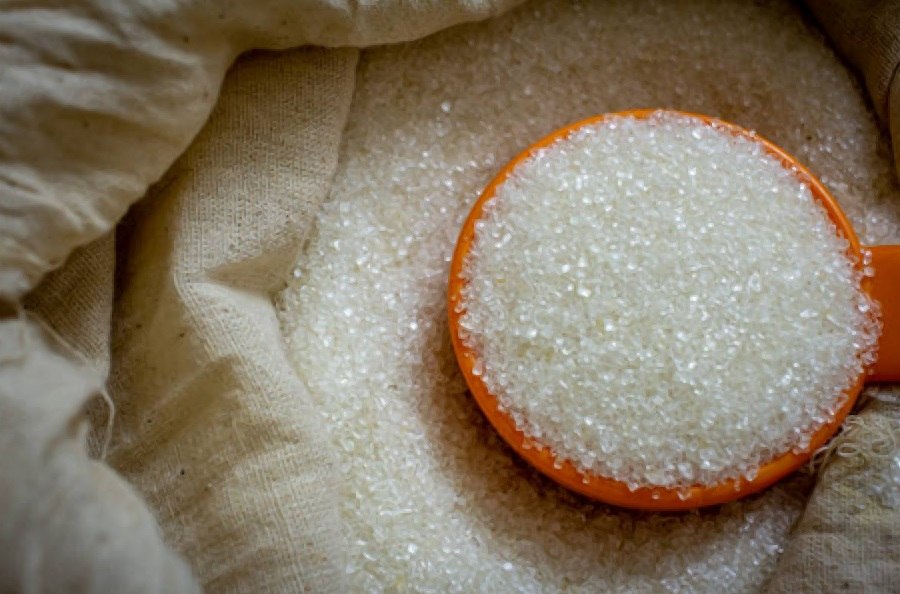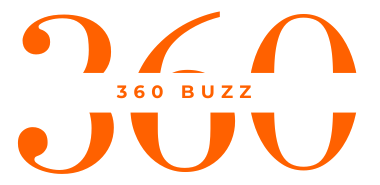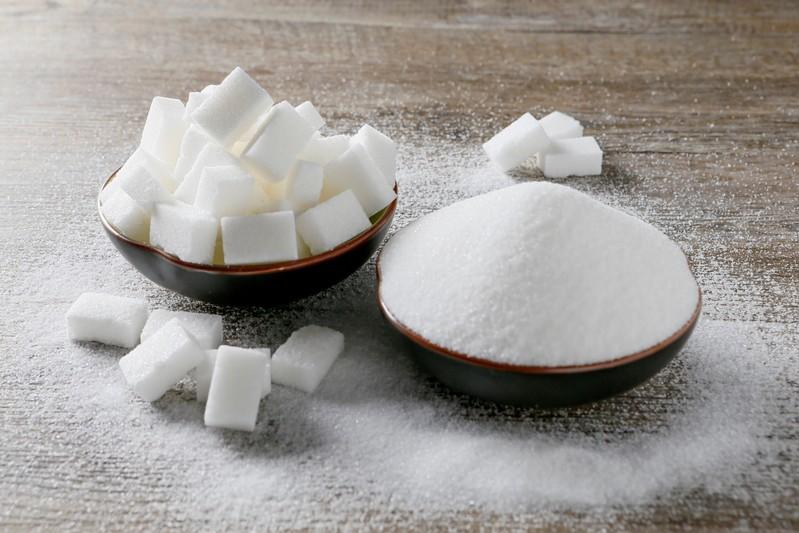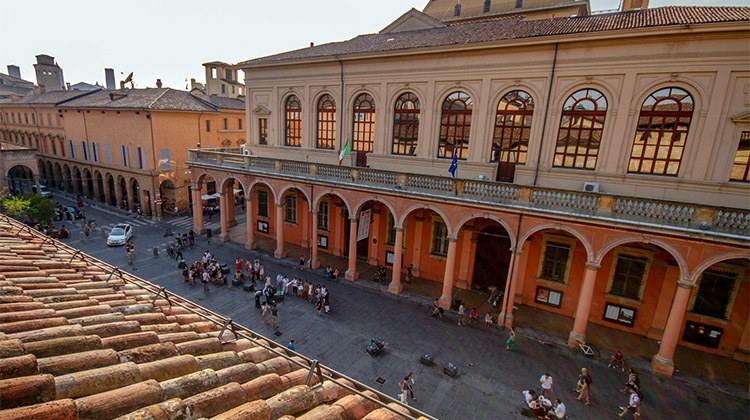The sugar price in Pakistan have been fluctuating sharply in 2025 in the utility stores and in the open market. Sugar,once considered a basic kitchen essential, is fast becoming a luxury for many Pakistani households. With increasing wholesale and retail prices, public frustration is rising.
Despite the government’s official price cap, sugar rates in many local markets have soared to alarming levels, reaching Rs. 190 to Rs. 200 per kg in several cities, including Rawalpindi and Islamabad. Retailers cite limited supply, hoarding, and high wholesale costs as reasons, while consumers are left frustrated by the gap between official announcements and ground realities. This growing disparity highlights the urgent need for stronger market regulation and enforcement.
Latest Sugar Price in Pakistan (July 2025)
| Quantity | Price Range (PKR) |
| 1 kg (Retail) | Rs. 160 – Rs. 170 |
| 5 kg Pack | Rs. 780 – Rs. 820 |
| 50 kg Bag (Wholesale) | Rs. 7,800 – Rs. 8,300 |
| Utility Store Rate (per kg) | Rs. 155 (subsidized) |

While Utility Stores are still offering slightly lower prices, most consumers complain about limited stock and long queues.
The price hike has sparked public criticism and backlash across social media. Families earning average incomes now struggle to afford sugar, a daily-use commodity for tea, desserts, and cooking. In a strong move, the Competition Commission of Pakistan (CCP) recently issued a warning to sugar mills, stating that sugar prices must not cross Rs. 164 per kg in the retail market. This follows concerns of hoarding, price manipulation, and unfair market practices by certain mill owners. The CCP is monitoring supply chains and market behavior closely. According to the notification by Punjab Cane Commissioner/ Director General Food Naveed Shehzad Mirza, here is the upcoming price llist of sugar in Pakistan;
| Period | Ex-Mill Price (per kg) | Retail Price (per kg) |
| July 15 – August 14 | Rs. 165 | Rs. 173 |
| August 15 – September 14 | Rs. 167 | Rs. 175 |
| September 15 – October 14 | Rs. 169 | Rs. 177 |
| From October 15 onwards | Rs. 171 | Rs. 179 |
What’s Driving the Sugar Price in Pakistan
Several factors are contributing to the rise in sugar prices:
- Reduced Sugarcane Supply
Harvesting delays in Sindh and Punjab due to weather disruptions have affected sugarcane availability. - Cost of Production
Fuel, labor, and fertilizer costs have pushed production expenses higher. - Export vs. Local Demand
Despite domestic shortages, some sugar is still being exported, leading to less availability for local markets. - Weak Regulation
Inconsistent price controls and weak enforcement allow retailers and wholesalers to charge variable rates.
Import & Export of Sugar in Pakistan: A Double-Edged Sword
Pakistan imports sugar in times of shortage, but poor planning and delayed imports often cause temporary market shocks. But the problem lies in timing and logistics. By the time imported sugar hits the local market, the prices have already caused damage. However, the federal government has approved the import of half a ton of sugar to maintain affordable sugar prices for the public. One of the reasons why sugar price in Pakistan rises is the export of sugar. The government had permitted to export 765,000 metric tonnes of sugar that might result in the increase of sugar price in pakistan upto Rs. 200 per kg. Learn more here.
Future of Sugarcane Harvesting in Pakistan
Sugarcane is grown primarily in Punjab, Sindh, and KP. But changing climate conditions and poor irrigation practices have led to reduced crop yields, delayed crushing seasons, and conflicts between farmers and sugar mills over pricing. Unless reforms are made in sugarcane pricing, harvesting, and subsidies, this cycle of price hikes will continue.
Sugar is not a luxury item. It’s a basic necessity used in every home in Pakistan. It’s essential that mill owners cooperate with pricing regulations. The government ensures a regular supply at fixed rates and subsidies and relief are provided for low-income households. Without serious policy intervention, even a cup of chai may become unaffordable for the common Pakistani. Read more about latest news on 360 Buzz.








